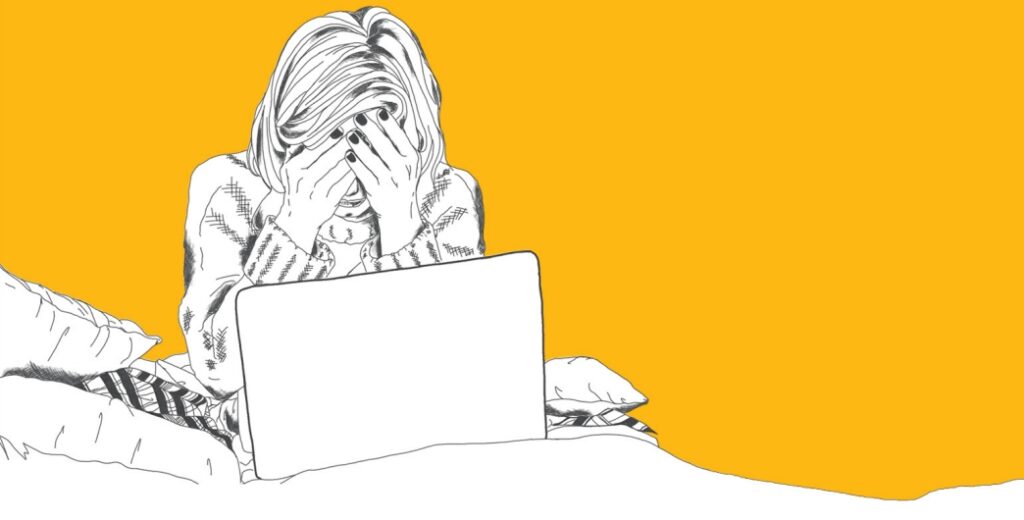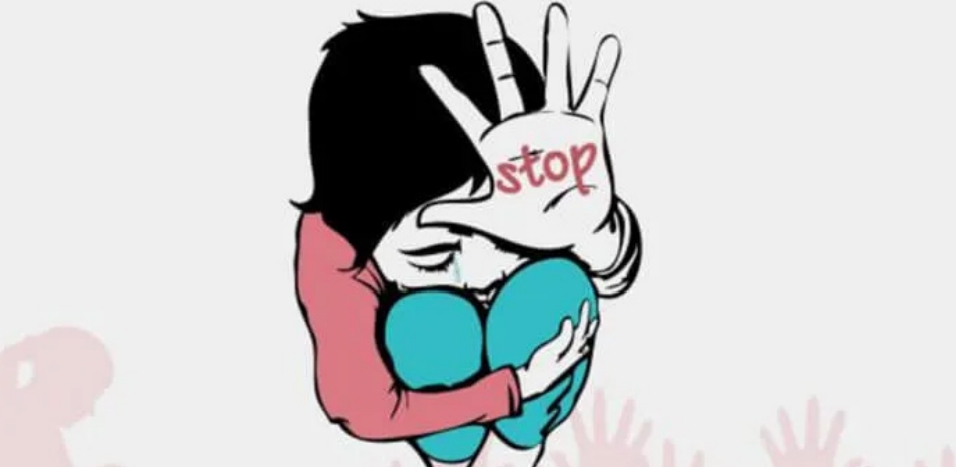Adults have a greater responsibility in stopping child sexual abuse. They should act, speak up and not act as bystanders
By Mool Raj
Child sexual abuse is a heinous crime that affects individuals from all walks of life. Despite numerous studies conducted to identify common traits among perpetrators, the results indicate that offenders come from diverse backgrounds, races, genders, religions, and literacy levels. While some may have a condition called paedophilia, which is a sexual attraction towards children, not all perpetrators fit this profile. Shockingly, children as young as seven years old have been involved in this act, and the number of teenage offenders is also on the rise.
The majority of perpetrators are someone related to the child, such as a parent, grandparent, sibling, or other relative, or someone from outside the family circle but known to the child including schoolteachers, religious teachers, domestic staff, or a nearby shopkeeper. The percentage of abuse by strangers varies between 10 percent to 30pc. Studies have found that a sizeable number of perpetrators were sexually abused in their childhood. This vicious cycle can continue until a bystander speaks up and breaks it.
Bystanders are those who are not directly involved in sexual abuse but are aware that it is happening around them. The perpetrator does it for sexual gratification, while the silent bystander looks away for selfish reasons. In a way, they too are perpetrators because they have the power to stop the act, condemn it, and even prevent it from happening. Research reveals that the biological mother is the most common bystander in such cases followed by another female family member and a male family member respectively. Those who do not report child sexual abuse are also guilty. Unfortunately, in Indian society, adults are more concerned with protecting themselves rather than their children. In some cases, girls grow up in homes where their fathers or siblings abuse them every day, and adults around them remain silent.

These are the repercussions of a patriarchal society where education and self-sufficiency are not considered important for girls who are raised to be dependent on someone. Therefore, when the time comes to protect their own children, they are voiceless. Another reason bystanders remain silent is to save their family’s ‘honour’. In some places, speaking up against an elder, or someone who has a respectable status in society is considered akin to blasphemy. So, instead of safeguarding their children, they allow the abuser to take advantage of them. Moreover, poverty and economic dependence make it difficult for the adult in the child’s life to speak out. Fear of the offender and the threat of retribution from them hinders the bystander. Becoming a parent entails accepting responsibility for the child’s well-being and protection.
These are the repercussions of a patriarchal society where education and self-sufficiency are not considered important for girls who are raised to be dependent on someone. Therefore, when the time comes to protect their own children, they are voiceless.
So when parents remain silent regarding the sexual abuse of their child by a perpetrator, the first explanation that comes to mind is that they do not want to disrupt stability in their own life. Do they realise what kind of trauma the child is going through? A sexually abused child cannot develop into a normal adult unless the abuse is stopped, the child is given support and his or her mental trauma treated. Considering that no one can be more empathetic to a child victim than his/her mother or other family members, it is distressing that they ignore or trivialize the child’s trauma. Often, ‘loyalty’ to the perpetrator prevents them from speaking up, or they do not know how the perpetrator will react to the situation.

The belief that if they ignore it, the child will forget about the incident is wrong. The negative role of the silent bystander is not limited to individuals who witness the abuse directly. It can include those who are aware of the abuse but choose not to report it to the authorities. This can include teachers, healthcare professionals, relatives, or friends. They often have concerns about intruding into another household’s privacy, exacerbating the child’s situation, and ruining their relationship with the perpetrator or feel they do not have enough evidence to take action.
It is critical for all bystanders who are aware that a child is being sexually abused to speak up and save the child by not remaining silent. It is important that perpetrators are reported and punished because even though, upon the bystander’s protest, they may stop abusing the child, they are still a danger to other children. Even if a bystander is reluctant to report the abuser to the authorities, under no circumstances should he/she ignore the child. It should be ensured that the perpetrator does not have a single opportunity to be alone with the child. The child should only be with someone who can be deeply trusted. A doctor, pediatrician, or psychologist can be consulted on how to deal with the situation. All adults have a responsibility to speak up and save the child.
Leave a Reply